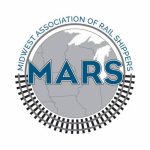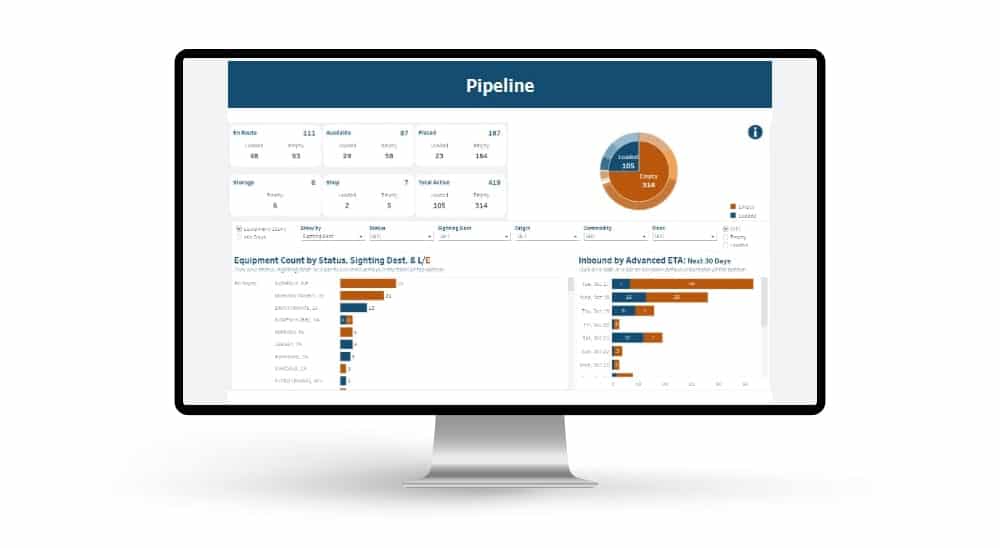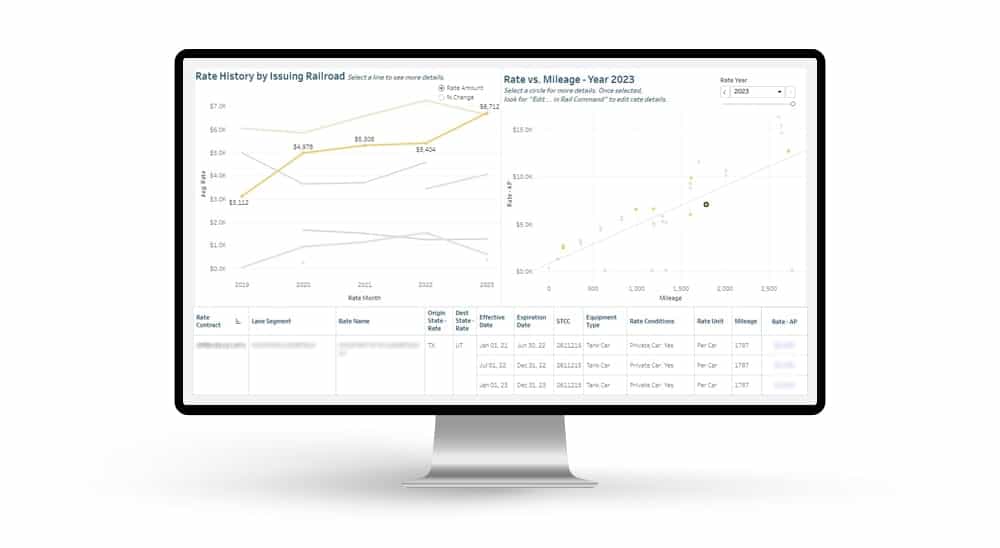Precision Scheduled Railroading (PSR) was the main topic of discussion at the Midwest Association of Rail Shippers (MARS) summer meeting in July. The schedule allowed attendees the opportunity to hear about PSR from three distinct perspectives. Class I railroads, short line railroads, and shippers. The following is a quick recap:
Norfolk Southern’s Chairman, President and CEO, James Squires spoke about the NS approach to PSR. From an implementation strategy that involves collaboration with rail shippers and improving service before removing resources, to reinvesting in technology aimed at supporting growth, safety, efficiency and customer experience. According to Mr. Squires, the efforts towards implementing PSR have resulted in:
- 18% fewer cars online while completing nearly the same number of shipments
- 71% improvement in shipment consistency
- Yard dwell is less than 20 hours system-wide, down 39% from last year
Anacostia Rail Holding’s Chief Commercial Officer, Eric Jakubowski shared PSR from the perspective of a short line railroad. Anacostia owns and operates six short line railroads, as well as performs third party switching services. Mr. Jakubowski stressed that PSR isn’t just an internal Class I function and more collaboration is needed with short line operators. He remarked that changes in assessorial charges have only shown a benefit to the Class I carriers and stressed that the STB should continue to investigate issues related to the implementation of PSR. Mr. Jakubowski also presented a critical question “what are the right metrics?”. Railroads should shift some attention to reporting the metrics that matter to rail shippers.
A panel of shippers representing Packaging Corporation of America, Nutrien, and Bunge shared several effects of PSR from a shipper perspective. As follows were several of their comments:
- Local service issues and inconsistent service
- Diminishing railroad representation and unfamiliarity with the process
- Assessorial charges result in increased time spent to audit and process
- Car supply is unsteady and creates bunching
- Service variations restrict the ability to run a tight pipeline
- Unwillingness to accept Unit Trains
- Extensive service declines before any improvements are realized
MARS attendees also heard from Patrick Fuchs, Board Member at the Surface Transportation Board (STB). Mr. Fuchs discussed the recent hearings on the demurrage and assessorial changes imposed by most Class I carriers. While the demurrage and assessorial changes may seem to impose too much financial burden on shippers, they are necessary and useful tools that push customers to increase efficiencies. Mr. Fuchs added that rail has inherent variability that leads to railcar bunching. While this is not specifically the railroads fault, some rail carriers have voluntarily adjusted their policies to assist in making demurrage and assessorial charges more equitable. He indicated that the STB is committed to assisting shippers and rail carriers, but more data is needed to make reasonable decisions.
The Midwest Association of Rail Shippers meetings are held in the Chicago area. Their objective is to provide an open forum for resolving transportation and car supply issues, coupled with programs designed to educate and inform the membership in areas of railroad operating practices, freight car supply, new innovations in transportation and legislative matters.



 Automated exception reporting of the railcar tracking data makes it easy to identify and troubleshoot jeopardized shipments, thereby enabling you to provide better service to your stakeholders.
Automated exception reporting of the railcar tracking data makes it easy to identify and troubleshoot jeopardized shipments, thereby enabling you to provide better service to your stakeholders. Receive notification of pending rate expirations. Tariff changes and fuel surcharges can be automatically updated.
Receive notification of pending rate expirations. Tariff changes and fuel surcharges can be automatically updated.